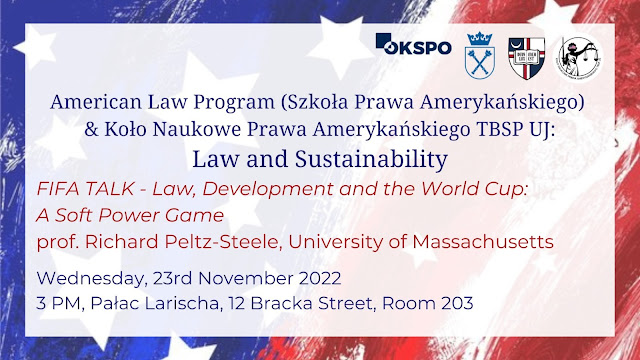 |
| Pilecki before 1939 |
Witold Pilecki was an officer of the Polish underground in 1940 when he allowed himself to be captured by the Nazis in a civilian roundup and sent to Auschwitz. The underground sought to document German atrocities in the concentration camps with the aim of spurring the Allies to action.
Assuming a false identity using found papers, Pilecki passed himself off as "Tomasz Serafiński," the commanding officer of the Nowy Wiśnicz region unit of the underground Polish Home Army (Armia Krajowa, or AK). He remained in Auschwitz for nearly there years and wrote reports for the underground that were smuggled to London and Washington.
At Easter in 1943, Pilecki and compatriots made a daring escape from Auschwitz. Hunted by the Gestapo, they made their way through the Polish countryside and ultimately found refuge with the real Tomasz Serafiński, his wife, Ludmiła, their children, and their underground network. Amid their run, the escapees had become suspected by the underground of being German spies. As he grew close to his unexpected namesake, Serafiński found himself at odds with the AK, ultimately depending on Ludmiła to protect both men against underground suspicion and Nazi hunters. Pilecki and Serafiński each had a grim fate yet in store.
 |
| Pilecki at Auschwitz |
This riveting WWII story is the subject of
a working research paper, replete with documentary images, authored by Elizabeth M. Zechenter, Ph.D., J.D.:
Was it Really a Blind Fate? Interwoven Lives of Witold Pilecki and Tomasz Serafiński, and the Daring Efforts of Ludmiła Serafińska to Save Them Both. The paper was featured in
this month's (Oct. 2019, no. 20) Quo Vadis, the Philadelphia Chapter newsletter of
The Kosciuszko Foundation. The foundation is a New York-city based non-governmental organization dedicated to cultural and educational exchange between the United States and Poland.
 |
| Zechenter |
By day an assistant general counsel for
GlaxoSmithKline, LLP, Zechenter is an accomplished academic researcher (Academia.edu, ResearchGate), her UCLA Ph.D. in evolutionary archaeology, who has taught international law and human rights law at Georgetown University Law Center. She also is president of the
Jagiellonian Law Society (JLS), "a voluntary legal association comprised of a diverse group of
professionals (lawyers, judges, law faculty, and law students) who are
interested in, or have roots in Polish and Central/Eastern European
(CEE) cultures." She is related to the Serafińskis.
I was privileged to learn about Elizabeth's work through membership in JLS ("open to any legal professional who shares [JLS] interests and goals") and my work in the Catholic University of America, Columbus School of Law,
American Law and
LL.M. program with Jagiellonian University (not associated with JLS) in Kraków, Poland, and Washington, D.C.















